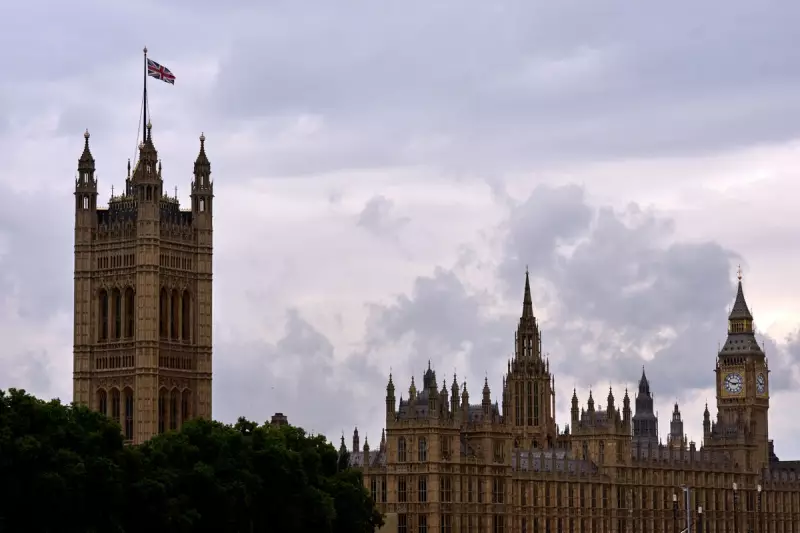
The government's flagship legislation to scrap the Human Rights Act and replace it with a new Bill of Rights has suffered a major setback after being blocked by the House of Lords.
Peers voted by a significant majority to refuse to give the Bill a second reading, a rare and powerful move that effectively halts its progress through Parliament. The legislation has now been sent back to the House of Commons, with peers demanding substantial changes before they will consider it further.
A Rare Parliamentary Standoff
This action by the upper chamber is highly unusual and signals deep-seated concerns about the proposed law. The vote, which saw 214 peers oppose the motion for a second reading versus 171 in support, represents a stinging rebuke to Justice Secretary Dominic Raab and the government's agenda.
The core of the disagreement lies in the Bill's proposed alterations to the relationship between UK courts and the European Court of Human Rights in Strasbourg. Critics argue the new Bill would weaken individual rights and make it harder for citizens to challenge the state.
Key Points of Contention
The proposed Bill of Rights seeks to introduce several fundamental changes:
- A permission stage for human rights claims: Individuals would need to prove they have suffered a 'significant disadvantage' before their case can be heard.
- Reduced influence of Strasbourg: UK courts would be instructed to prioritise UK case law over rulings from the European Court of Human Rights.
- Emphasis on responsibilities: The Bill introduces explicit reference to a citizen's responsibilities alongside their rights.
Opponents, including numerous charities, legal bodies, and opposition parties, warn these changes would create a two-tier justice system and undermine protections for the most vulnerable.
What Happens Next?
The government must now decide how to proceed. It can attempt to overturn the Lords' decision by sending the exact same Bill back to the upper house, potentially triggering a protracted parliamentary 'ping-pong'. Alternatively, it could accept the need for amendments or even abandon the legislation entirely.
With time running out in the current parliamentary session and a general election looming, the future of the Bill of Rights is now highly uncertain. This decisive action by the Lords ensures a fierce debate on the future of human rights protection in the UK will continue.





